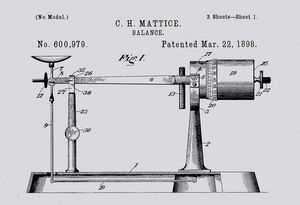Digitization poses new challenges for patent protection. In particular, the large number of patent-protected individual components used in some products makes it difficult to identify all the relevant property rights and to acquire the necessary licenses.
Just over ten years after the last amendment to the Patent Act by the (first) "Act to Simplify and Modernise Patent Law" the, the Federal Ministry of Justice and Consumer Protection submitted a discussion draft at the beginning of this year that provides for a selective revision of the Patent Act. At the heart of the amendment is the flexibilisation of the injunctive relief in Section 139(1). This grants the patentee the right to prohibit the use of his patent by third parties. The discussion draft proposes to insert a third sentence to the Section, clarifying that the enforcement of the injunction can be excluded in individual cases if it would be disproportionate.
Suggestions for the further legislative process
In practice, such constellations are likely to arise in the case of "complex products" which often comprise a large number of individually patented components that, in themselves, contribute only marginally to the value of the final product. As a result, each patentee enjoys a position of power that is out of proportion with the contribution of its invention to the final product, since the patentee can, under certain circumstances, stop the production of a product with an injunction. In the case of standard-essential patents (SEPs) or “non-practicing entities”, which do not have or do not want to establish any production capacity themselves, the granting of injunctive relief may also be disproportionate in individual cases.
The Institute, which issued a position paper on the discussion draft in March, in principle welcomes the proposed limitation of the claim to injunctive relief. However, the Institute does also provide certain suggestions with regard to the further legislative process, for example with regard to the criteria used for the assessment of proportionality. The discussion draft ties in with the principle of good faith; in the statement, the "leverage effect" of the injunction is in the foreground. The authors are particularly concerned about the prioritisation of the patentee's interests over the interests of other parties or the public. “Such prioritisation is neither desirable as a matter of policy, nor justifiable by the exclusive nature of the patent right”, argues the position paper.
The position paper also criticizes the fact that the discussion draft rejects the consideration of third party interests and public interests in the context of the proportionality assessment categorically. The Institute contradicts the argument of the Federal Ministry that general interests are sufficiently and conclusively protected by the institute of compulsory licensing under Sec. 24 Patent Law.
Read the full text of the Institute's position paper here

